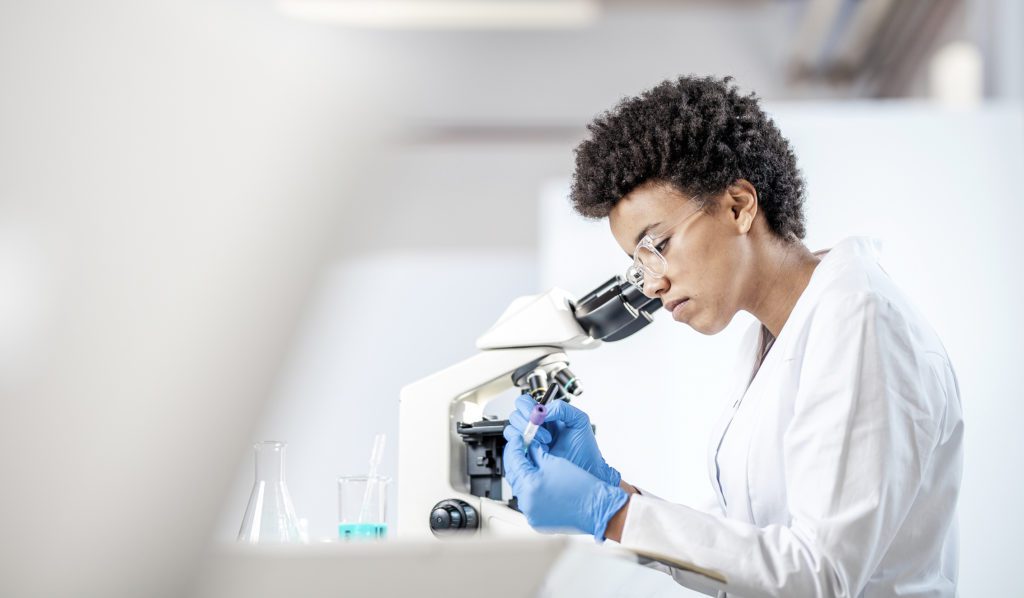Did you know that genetics can impact some of the most common dental problems? While good oral hygiene is a huge factor contributing to dental health, genetics can also play a part. Learn more about the links between genetics and dental health and how we can treat these common dental problems in our Owings Mills, MD, dental office.

Dental Health Problems Impacted by Genetics in Owings Mills
Genetics can increase some patient’s chance of developing these common oral health issues over time:
Discolored Teeth
Highly porous or absorbent teeth increase the likelihood of discoloration. While all teeth are porous, some patients may experience discolored or yellowed teeth because of more porous enamel. Stains can easily enter highly porous teeth. Patients with porous teeth can also experience increased tooth wear.
Our dental office provides teeth whitening, crowns, veneers, and bonding treatments to brighten the smile. Patients with deep tooth stains will benefit from veneers and bonding treatment. Additionally, patients with tooth damage benefit from dental crowns because they fully cover and strengthen teeth.
Crooked Teeth
Jaw and tooth formation can be inherited. Sometimes, patients can have occlusal or bite problems due to their genetics. Orthodontics can address underbites, overbites, tooth gaps, and other problems. Our office provides SureSmile clear aligners as a modern orthodontic treatment for patients with mild to moderately crooked teeth.
Tooth Decay
Genetic variations can also increase the risk of tooth infections. As harmful bacteria break down the tooth enamel, they create cavities. Deep cavities, or holes in the enamel, can expose the dental pulp. The pulp consists of each tooth’s nerves, cells, and blood vessels. Once the pulp is infected, patients require a root canal to save their teeth. Root canal treatment removes the infected pulp, cleans the tooth chamber within the tooth, and seals the tooth with a dental filling. Patients with cavities but not infected pulp can receive a cleaning and filling.
Gum Disease
As with tooth decay, some patients are more likely to develop gum problems like gum disease because of inherited traits. Gum disease occurs when harmful bacteria irritate and inflame the gum tissue. Gums provide support for the tooth roots. Patients with gum problems often experience bleeding, swollen, and sensitive gums.
As gum disease progresses, patients can experience deep gum pockets due to recession. Like dental decay, gum disease can lead to lost permanent teeth. Deep gum cleanings can help remove plaque and tartar from the gums and tooth roots. Plaque is a sticky bacterial film that hardens to form tartar. It can be more difficult to remove this bacteria at home, which is why dental appointments are important.
Are you experiencing tooth decay or gum disease? Do you want to address your crooked or discolored teeth? Treat your dental health problems in our Owings Mills, MD, dental office. Call us at (410) 697-6290 or request a dental appointment with Dr. Ed Lazer on our website.
